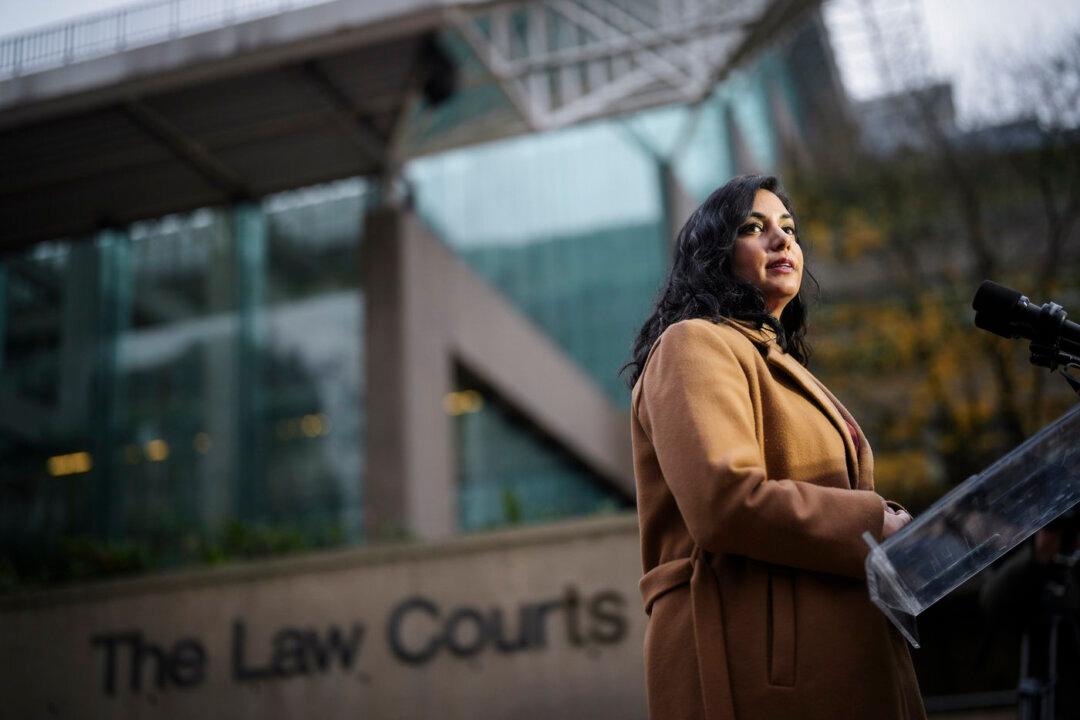The B.C. Prosecution Service (BCPS) has revised its hate crimes policy to expand the definition of what constitutes hate-motivated offences in the province.
In a media statement released on Feb. 16, the prosecution service said the definition of hate crimes now includes, among other prohibited acts, “hate propaganda offences” such as “advocating or promoting genocide,” “public incitement of hatred,” and “wilful promotion of antisemitism.”





